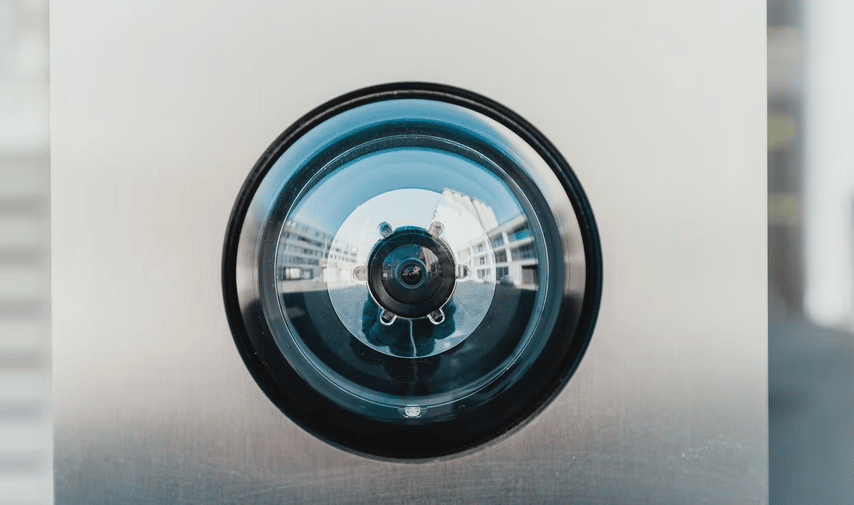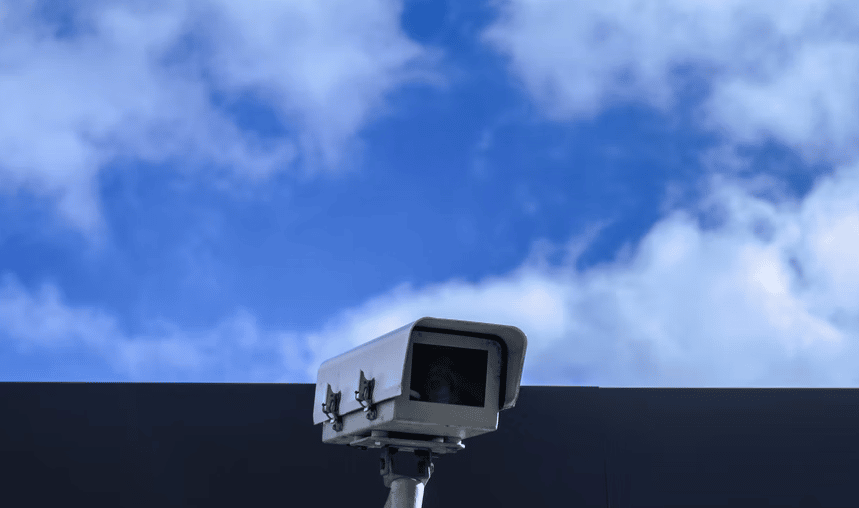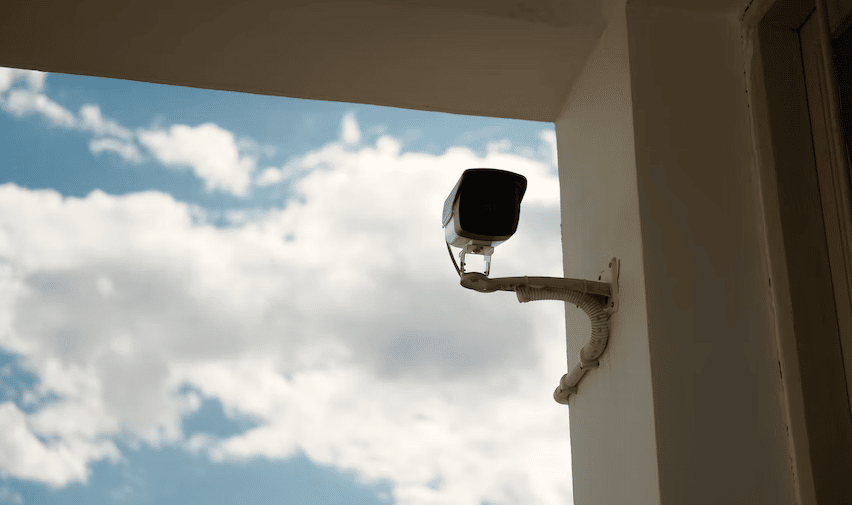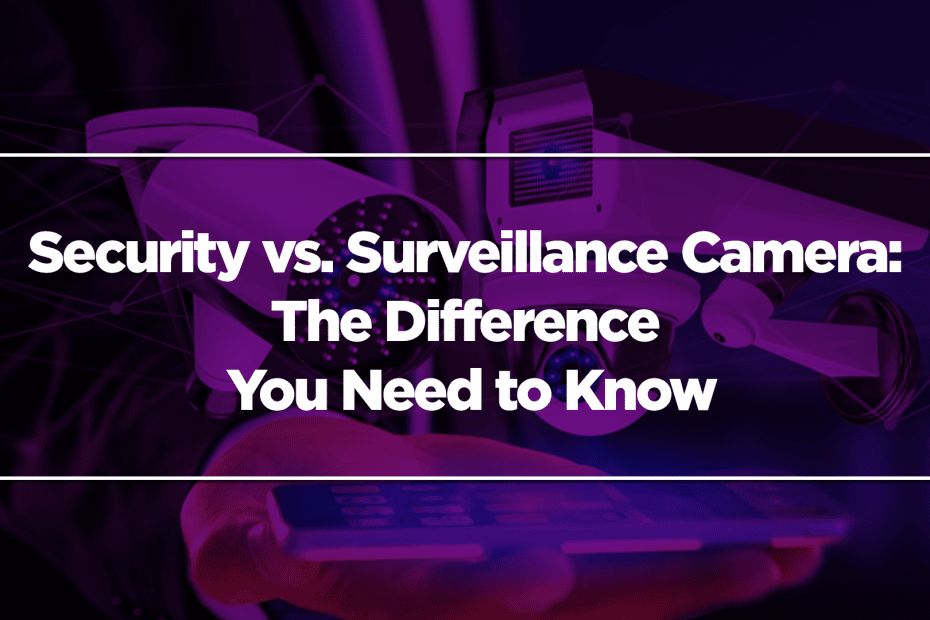People often have their hands full. Suppose you run a business that sells products. You have to dedicate your attention to assisting customers so they’d get the best experience while shopping. Thus, you can’t keep your eyes on your shop’s surroundings or parking lot. Meanwhile, at home, you can be sleeping, taking a shower, cooking, working out, or even working. An unfortunate event could happen during these times when you are busy. For instance, a burglar may break in and steal from the room you aren’t in or can’t see.
Thankfully, Thomas Edison invented the movie camera. And years later, someone built on that and invented security and surveillance cameras. These devices keep us and our possessions safe and protected.

Security and surveillance cameras function similarly. But they are different things. So before you buy your equipment, you must first learn the difference between the two. Here’s what you need to know:
Surveillance Cameras
The cameras you find in public places like parking lots are surveillance cameras. They provide a constant recording of an open area or business. Furthermore, they can “crime-proof” an area. Criminals would not dare do anything bad when they know a surveillance camera is watching the area.
The problem with surveillance cameras is that they are quite expensive and complex. That’s because many of them require complete surveillance systems to be actually usable. For instance, you need to have screens dedicated to monitoring what the camera sees. Also, you would need someone to do the actual monitoring.
The advances in technology helped make it less complex. You can now monitor what the camera catches through your smartphone.
Still, surveillance cameras are generally chosen for business or government rather than personal use.
Please note that criminals can tamper with surveillance cameras if they know where it is located.
Security Camera
A security camera is a recording device that tapes footage of your home or property. You can view the said footage – recorded or live – using your smartphone, tablet, or computer. But you would need an internet connection to do that.
You can place security cameras anywhere you want. Put them in your garage, front door, children’s room, backyard, etc., and they would be okay. Many of these devices are weatherproof, so rain and other elements don’t damage them.
Unlike surveillance cameras, security cameras are not just for monitoring. They are integrated with motion sensors. They start recording when they detect motion. And they focus on the area where they detected it.

Since they are not constantly recording, they help you save energy and bandwidth. However, some security cameras constantly record.
Security cameras also have night vision. Therefore, darkness is not that much of a problem. Day or night, these cameras will let you see activity clearly. On top of that, many security cameras feature HD resolution, making faces and things more recognizable.
The smart homes industry offers upgraded security cameras; you can buy video doorbells. These are doorbells and security cameras combined. They will alert you when you have a guest and let you see who’s at your front door. Also, if you don’t want to be face-to-face with your visitor, you can use the video doorbell’s two-way talk feature.
Aside from video doorbells, smart homes let you hook your security camera with other security measures in your home. You can make your lights turn on when the camera detects motion. That will make criminals think you are home even if you are not.
And so, security cameras are more effective at proactively stopping crimes than surveillance cameras. They add another layer of security.
Surveillance Camera vs. Security Camera
Which of the two camera types is better? It is yet another case of a question with no definitive answer. As with many other things, it depends on what you need and can afford.
If you plan to use the camera in public places or large businesses, surveillance cameras are a fantastic choice. They come with 24/7 monitoring, giving criminals no window to act. However, surveillance cameras will cost you a lot of money. Furthermore, you have to think about where they need to be placed. They are in public places. Meaning criminals can easily destroy or tamper with them.
Meanwhile, security cameras are more affordable. Additionally, they are very versatile; you can place them in more places. There are indoor and outdoor type smart home security cameras. Some of them are wireless, meaning you don’t need to place them near an outlet.
Security cameras also come with motion sensors and night vision. Moreover, they boast HD resolution, presenting you with crystal-clear video feeds.
Video doorbells add an extra layer of security – not just from criminals but also from sickness. You don’t have to face whoever is at your front door because you can use the two-way talk feature. Also, you can link them with your smart door lock to make your home even more secure.
Pros and Cons of Security Cameras
Here are the reasons why you should and should not opt for security cameras.
Pros.
- Deters criminals – criminals would not want to do something bad if they know they are being recorded or watched.
- Versatility – some security cameras are wireless, rechargeable, or battery operated. So, you can place them anywhere.
- Clarity – security cameras feature HD resolution and good audio quality. Thus, you can see and hear clearly.
Cons
- Costly – security cameras are, of course, more expensive than dummy cameras. They may also require maintenance.
- Vulnerability – more internet-connected devices mean more opportunities for hackers. So, if you forget to update your security camera firmware, they may get into your network.
Pros and Cons of Surveillance Cameras
Here are the reasons why you should and should not opt for surveillance cameras.

Pros
- Good for public safety – like security cameras, surveillance cameras deter criminals from committing crimes. The difference is that surveillance cameras do that in public places rather than on private properties.
- Convenience – technological advances enable you to access the camera feed remotely as long as you have an internet connection.
Cons
- Complexity – not for non-tech-savvy individuals.
- Costly – aside from the camera, you must purchase the other accessories to make the system work. Installation and maintenance costs of that can add up.
Vulnerabilities – criminals can easily destroy or tamper with these because they are inaccessible places.
